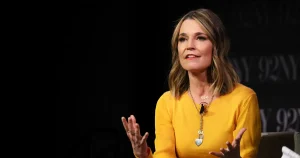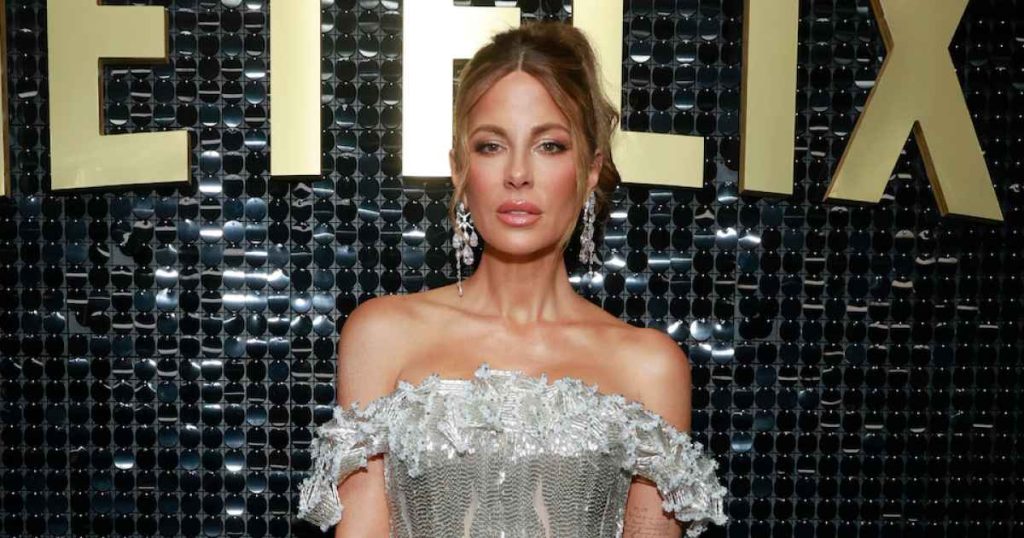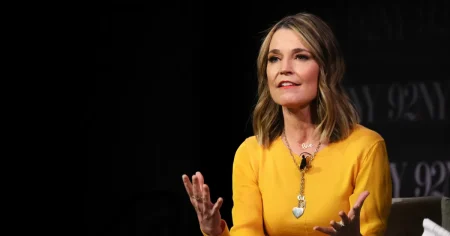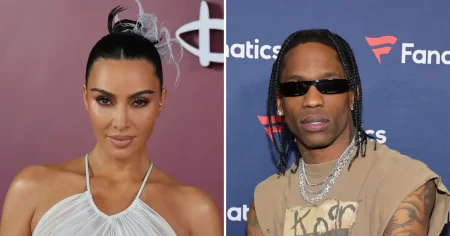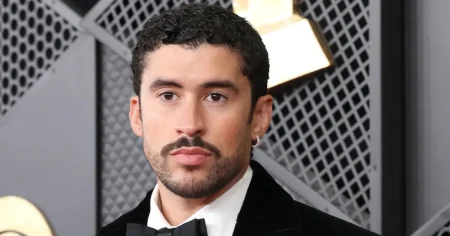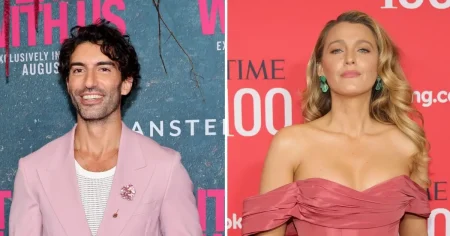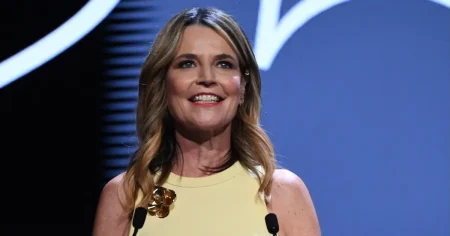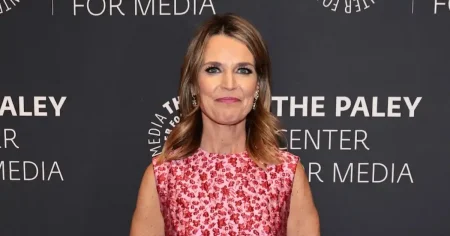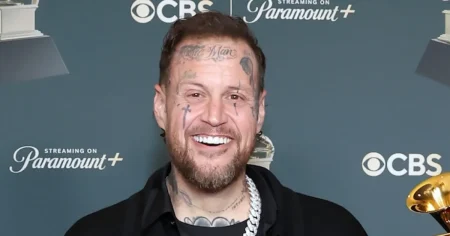Kate Beckinsale, the renowned actress, recently engaged in a heated online exchange with followers who offered unsolicited commentary on her physique. The incident, which unfolded on Instagram, began with a seemingly innocuous comment suggesting Beckinsale had lost too much weight. The actress, however, didn’t perceive the remark as benign and swiftly rebuked the commenter, labeling the observation “passive-aggressive” and “completely unnecessary,” emphasizing the commenter’s lack of knowledge about her personal circumstances. This initial exchange sparked further commentary from other followers, some suggesting she gain weight, others questioning her well-being, and one even crudely remarking on her figure. Beckinsale, clearly unamused, responded with a series of sharp retorts, defending her appearance and admonishing the commenters for their intrusive remarks. This incident underscores the ongoing struggle celebrities face with public scrutiny of their bodies and the increasing prevalence of unsolicited online commentary.
The incident, while seemingly isolated, is not the first time Beckinsale has addressed body shaming directed at her. In July of the same year, she confronted a troll who criticized her figure in a swimsuit photo she posted. On that occasion, Beckinsale revealed the personal struggles behind her weight loss, disclosing the emotional toll of her stepfather’s sudden death and her mother’s battle with stage 4 cancer. The combined stress and grief, she explained, had led to significant weight loss, culminating in a six-week hospitalization due to a stress-induced esophageal condition that caused severe internal bleeding. This previous experience highlights the often unseen struggles individuals may be facing, and it serves as a reminder that online comments, even those seemingly harmless, can have a significant impact. Beckinsale’s willingness to share her personal struggles underscores the importance of empathy and understanding in online interactions.
The recurring nature of these incidents sheds light on the broader issue of body shaming and the pervasive culture of online scrutiny. Celebrities, by virtue of their public profiles, are often subject to intense scrutiny regarding their appearance. While public figures often face commentary on their work and choices, critiques of their bodies cross a line into personal territory. The anonymity afforded by the internet can embolden individuals to make comments they might never utter in person, contributing to a toxic environment where unsolicited opinions and hurtful remarks are commonplace. Beckinsale’s robust responses serve as a powerful example of how individuals can stand up to online bullying and defend their personal boundaries.
The actress’s decision to publicly address these comments also highlights the growing conversation surrounding body image and the pressure, particularly on women, to conform to unrealistic beauty standards. The entertainment industry, in particular, often perpetuates narrow ideals of beauty, contributing to body image issues and anxieties. Beckinsale’s experiences, while occurring in the public sphere, resonate with many individuals who face similar pressures, albeit on a smaller scale. Her willingness to speak out against body shaming not only defends her own self-worth but also helps create a space for open dialogue about these issues. By sharing her personal struggles and challenging hurtful comments, she contributes to a broader conversation about body positivity and self-acceptance.
The incident also underscores the importance of responsible social media engagement. While platforms like Instagram provide opportunities for connection and interaction, they also create spaces where negativity and unsolicited commentary can thrive. The anonymity offered by online platforms can embolden individuals to make remarks they might never voice in person, leading to a culture of online harassment and bullying. Beckinsale’s experience serves as a reminder of the potential consequences of careless online interactions. It highlights the need for greater awareness of the impact of online comments and the importance of treating others with respect and empathy, regardless of their public profile.
In conclusion, Kate Beckinsale’s recent online exchanges with body-shaming commenters highlight the ongoing struggle with online negativity and the pervasive nature of unsolicited opinions regarding physical appearance. Her forceful responses not only defend her own self-worth but also contribute to a larger conversation surrounding body image, online harassment, and the responsibility we all share in creating a more respectful and empathetic online environment. By sharing her personal struggles and challenging hurtful comments, Beckinsale sets an example for others facing similar pressures, encouraging open dialogue and advocating for greater awareness and responsibility in online interactions. Her experiences serve as a reminder that words have power, and that even seemingly harmless comments can have a significant impact on individuals, especially those already grappling with personal challenges.
